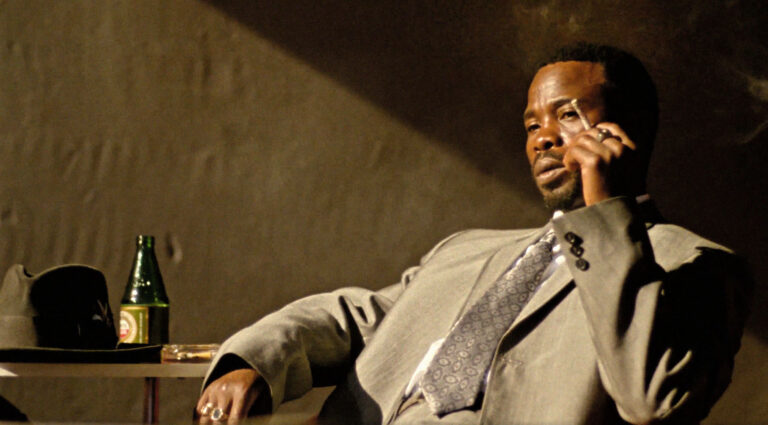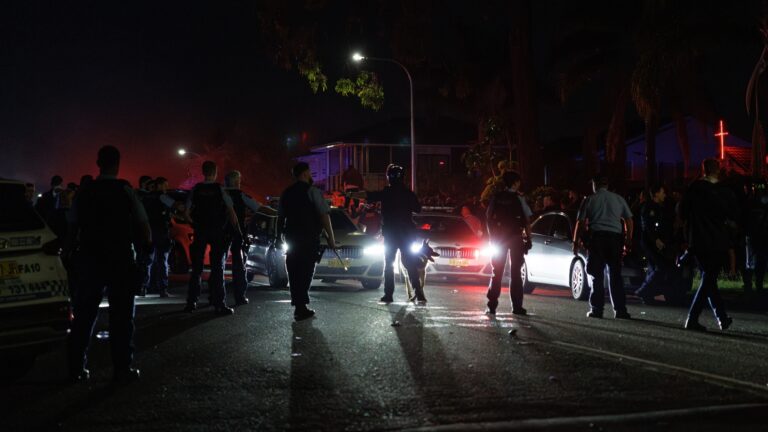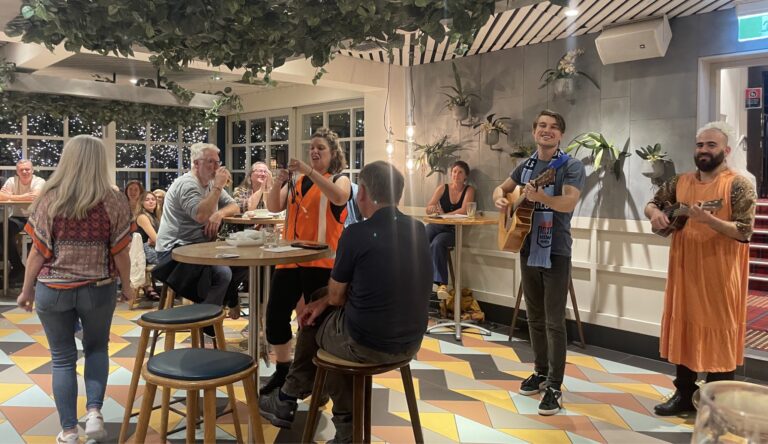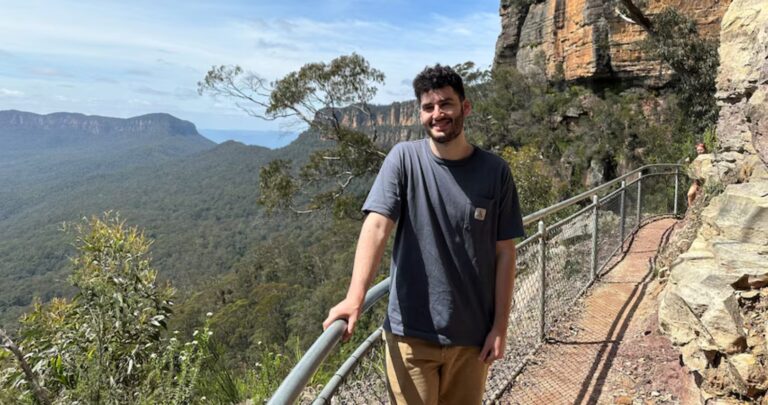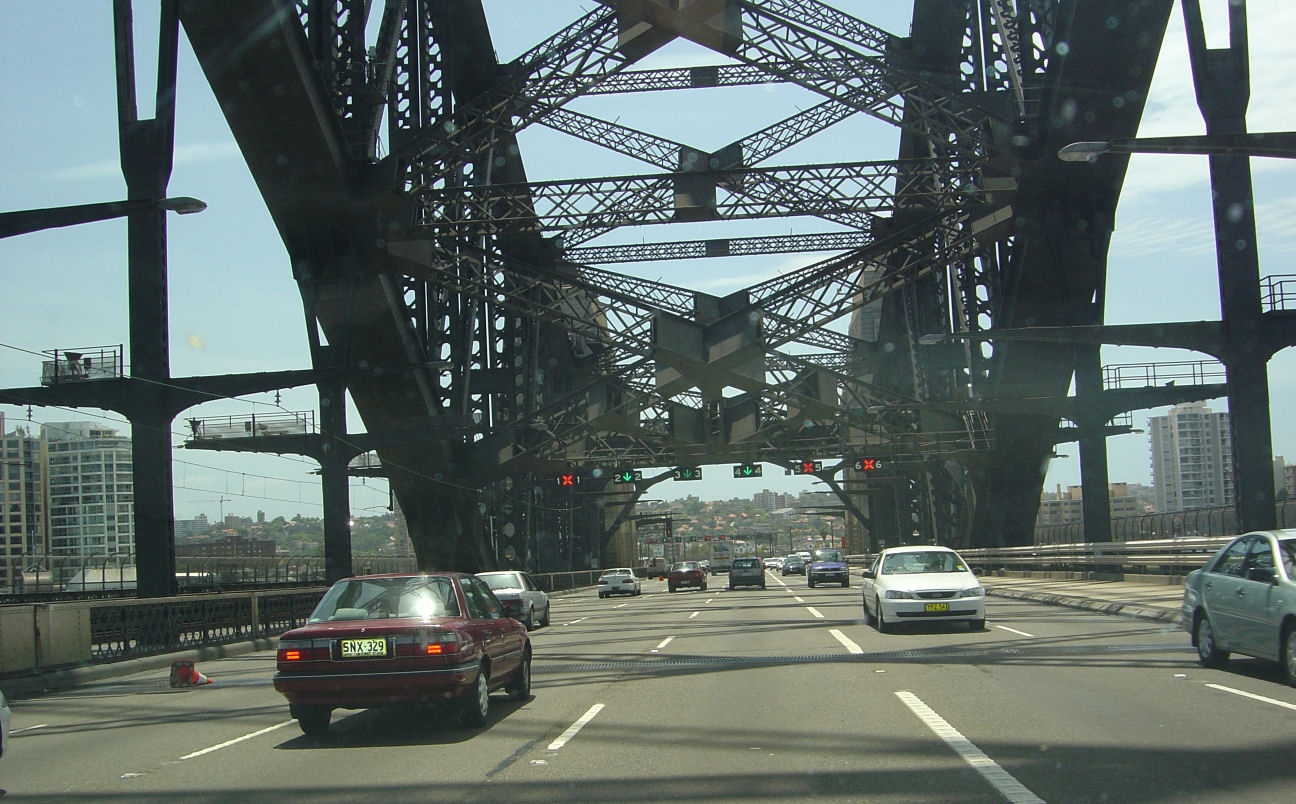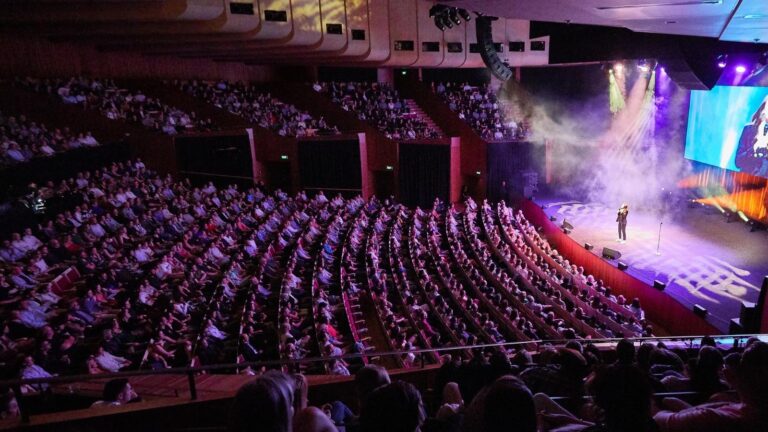
Abortion in NSW – IT’S TIME.

By WENDY BACON
I’m daring to hope that this will be the last NSW election when abortion remains on the Crimes Act in NSW.
Abortion has always been available for those in the know, those with enough money and those who could find out where to go. When I was growing up in the 1950s and 60s. wealthy women with access to funds, which was by no means all of them, could get abortions. Sometimes terminations were called ‘curettes’ performed by specialist obstetricians. There were also several abortionists in Melbourne who worked quietly for cash money and paid the police.
If you couldn’t afford those options, there were backyard abortionists. I knew friends who had relatives who died after backyard abortions. Once while my mother was in hospital having a baby, my father (who was a doctor) discovered that the woman hired to look after us was a backyard abortionist with a drinking problem. She was made to leave.
In Sydney in the late 1960s, even if you knew the name of a doctor who was an abortionist, you needed to get sufficient cash to pay them. In my milieu of the Sydney Push, people would hope for a win at the races or for friends to help out, which they always did as far as I know. But getting your hands on hundreds of dollars was outside the reach of most women.
The crackdown
Around 1970, there was a police crackdown and the quietly run clinics closed down. Heatherbrae clinic in Bondi was raided by what was then called the vice squad and some doctors were arrested. The raid was carried out by the same corrupt squad that routinely accepted bribes from prostitutes and sex shops and had charged me and others with publishing ‘indecent’ publications.
A friend and I went to the top of Sydney’s highest building Australia Square and threw thousands of pro-abortion leaflets off the roof. Sadly most of them landed in the Botanical Gardens. I remember that my friend told me that before a doctor performed an abortion, he raped her.
This was the period when I had my first abortion. A friend who was a doctor performed it on the kitchen table. He charged no money and was very supportive but it was a nerve wracking experience. I knew I would not have been a good parent at that time and was in no position to support a child. Many others during that period were not so lucky and were forced to have babies, some of whom were forcibly removed from their mothers’ arms on the delivery table. The rights of these women were doubly violated. Much of their suffering could have been avoided if they could have been given a choice to have either an abortion or a supported pregnancy.
Contraception back then was not easy. IUDs caused painful inflammation and high dose pills had unpleasant side effects. Eventually, I needed another abortion. This time I went by train with cash to a home in St Ives on the North Shore. I reacted badly to a local anaesthetic and felt extremely ill and faint. The doctor went off to play golf, leaving me in the house on my own. When he came back, he wanted to take me out to dinner. Feeling very uncomfortable I left the house and managed to get a taxi home. My memory is that the men I knew were in favour of these abortions but were only mildly interested and certainly never suggested coming with me. But looking back, I realise how privileged I was compared to many other women. I was never made to feel shameful for being pregnant or for having an abortion.
My friend civil liberties lawyer Jimmy Staples played a huge role in successfully defending the Heatherbrae clinic doctors and owners in 1971. He did a deep investigation into the case law and was successful in establishing the principle that the notion of risk to the mother was an essential part of the history of abortion law. What became known as the Levine Judgement was seen as a huge relief and triumph for women at the time. Although abortion remained in the Crimes Act, terminations in NSW would now be considered lawful if two doctors agreed that continuing pregnancy will cause ‘serious danger’ to a woman’s physical and mental health. Now clinics for the first time, Preterms and other more radical run feminist clinics could open.
By 1975 when the Whitlam government funded the first women’s health centres, we were able to refer women to these clinics for safe abortions. Abortion was seen in the context of a holistic view of a woman’s right to reproductive and sexual health. My sister Dr Janet Bacon was one of the first women who took on being a doctor in a women’s health centre. Back then doctors who openly supported abortion and health centres run by women for women opened themselves up to criticism and marginalisation within their profession.
It was a whole new world, so much so that we didn’t talk so much about the fact that abortion was still in the Crimes Act. This turned out to be a big mistake, especially when the tide turned against the burgeoning Australian feminist movement.
In the 1990s, before the NSW Greens came on the scene, the Liberal and National Parties remained strongly opposed to the decriminalisation of abortion. There were always strong feminists in the Labor Party but there was also a strong Catholic influence, particularly in NSW where the ALP avoided the split that spawned the conservative Democrat Labor Party elsewhere in the country.
I remember when decriminalisation was mooted on occasions that Labor party women warned that if we raised the issue, the situation could get worse for women. I think they meant that they feared male politicians could move to overrule the Levine judgement. This situation continued until well into the 21st Century. This is not to suggest that there were not many Labor MPS ( and Liberal Party members for that matter) who have always strongly supported a women’s right to choose what they do with their body but they didn’t have the power or numbers to push the policy through their own party. As other states began to pass reforms, it seemed like the situation would remain grim in NSW.
Even when the NSW Greens came on the scene with a more radical social justice agenda, abortion tended to be regarded as a marginal issue and not a matter of core party business. Gradually that situation changed until the Party developed a full platform of feminist policies including strong support for decriminalisation. “Repeal all laws that restrict the right of women to choose abortion and restrict access to services.” is the current policy.
Breaking the Media silence
Another problem is that as feminist issues fell off the political agenda, a media silence developed around the subject of abortion. The first step towards support for decriminalisation was to show that abortion is not easily accessible or affordable for many NSW women.
Abortions can cost hundreds of dollars. I was shocked to discover that it was not possible to get an abortion in some regional cities in NSW.
I reflected on whether having moved past the period in my life when unwanted pregnancies were an issue, I had turned away from the issue of abortion. By then, I had two children with whom I shared parenting with my partner. Had I too assumed unthinkingly that the problem had gone away after the Levine judgement?
In the last five years, women doctors including the Medical Director of Family Planning Dr Deborah Bateson have shifted the public debate. They have exposed the critical issue of lack of access to services. They also put the issue back in the context of access to safe contraception and health services as it was in the early 1970s.
We can be sure that there are women who are forced to continue unwanted pregnancies within abusive relationships where controlling men insist on making decisions. Labor MP for the Blue Mountains Trish Doyle told parliament last year, “One-third of people who contact Children by Choice for pregnancy options and counselling are suffering domestic violence and one‑fifth are victims of reproductive coercion. “
It is hard to describe what I felt when the then MLC ( now NSW NSW Senator) Mehreen Faruqi moved her bill in the NSW. Even now it brings tears to my eyes. After so many years, someone, at last, had stood up in the NSW parliament calling on other MPs to agree that abortion should not be a crime. It was disappointing that the bill didn’t pass but it was the beginning that was desperately needed. We have learned from equal marriage and euthanasia that it would always take more than one bill.
When asked about her attitude to abortion last year, Gladys Berejikilian described abortion as a sensitive matter and a matter of ‘conscience’. She defended the Minister for Women Tanya Davies who voted against a Safe Zone bill that established a 150-metre zone to protect women visiting abortion clinics from abuse and harassment. Davies and other conservative MPs framed the issue as a free speech one rather than an issue of a right of women to access health services safely. Labor Deputy Leader Penny Sharpe had moved the bill as a private member’s bill which began with its object, which was to “ensure that the entitlement of people to access
health services, including abortions, is respected.”
it was during this debate, the Greens MP Jenny Leong showed that a party committed to decriminalisation can make a difference. It was past midnight when right-wing MP Damien Tudehope moved an amendment to delete the original object and replace it with one that recognised the ‘illegality of abortion.’ It was past midnight. The movers of the bill were prepared to accept the watered down object and it looked like the amendment would get through. With Greens Jamie Parker and Tamara Smith’s support, Leong got to her feet and said that she and the other Greens would not support the amendment. She unexpectedly found support from the Minister for Health Brad Hazzard. The original object remained in the act which was then passed.
On an earlier occasion, Leong successfully moved a motion in the House of Assembly including these words: Women should have the right to make reproductive choices for themselves. Our laws and the policies of the Government should not restrict or prevent a woman’s right to choose. It is absolutely shameful that in New South Wales abortion is still in the Crimes Act; that in this State we are part of the problem that criminalises women and people making reproductive choices about their own bodies and their own lives.
Late last year, a group of doctors, lawyers and community services workers denounced NSW abortion laws as “archaic, cruel and degrading”. At the time, the Leader of the Opposition Michael Daley told the media that he would have to ask the women in his family what they thought before stating his position on abortion. That answer raised eyebrows – why wouldn’t he know? Daley has made it clear that under his leadership, the Labor Party will consider a debate about abortion as a matter of conscience.
At a briefing on the party’s women’s policy this week, Greens MP Jenny Leong tackled the notion of a conscience vote head on. “I fail to see why what I should do with my body should be left to a man in a suit to decide,” she said. Some Labor women agree that abortion law reform should be a matter of policy, not conscience, but have not been able to get this position passed at ALP National Conference.
While the majority of NSW citizens support a woman’s right to choose, we can be sure that a minority will continue to campaign strongly against the decriminalisation of abortion. These include some of the forces who have rushed to defend Cardinal George Pell after his conviction for child abuse.
On the other hand, the policy announced by Labor’s Deputy Leader Tanya Plibersek yesterday – that Labor will require public hospitals to provide termination services, or risk having federal funding cut -is another step forward.
Time for Optimism
Abortion is well and truly back on the media and political agenda in NSW and there is cause for optimism. The Women’s Electoral Lobby and other organisations are forming a campaigning coalition. There is bound to be a bill brought into parliament. Whether it will be passed will depend on who is elected on March 23. Everyone who supports abortion should vote only for candidates who support abortion. If you don’t already know insist on being informed by potential candidates whether they will vote for decriminalisation. Put people who oppose abortion or those who won’t give you an answer, down the ticket. As far as I know, the Greens are the only party that have decriminalisation of abortion high on their agenda. Their continued clear-eyed party position is badly needed.
When the next bill to decriminalise comes before parliament, we should mount a massive grassroots campaign, like the one our great grandmothers waged for suffrage. After all, isn’t the right to control what happens to your own body as important as the right to vote?
Wendy Bacon is the past Professor of Journalism at UTS. She is supporting the Greens in the NSW election.
